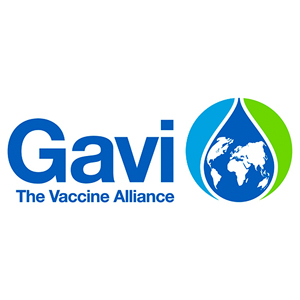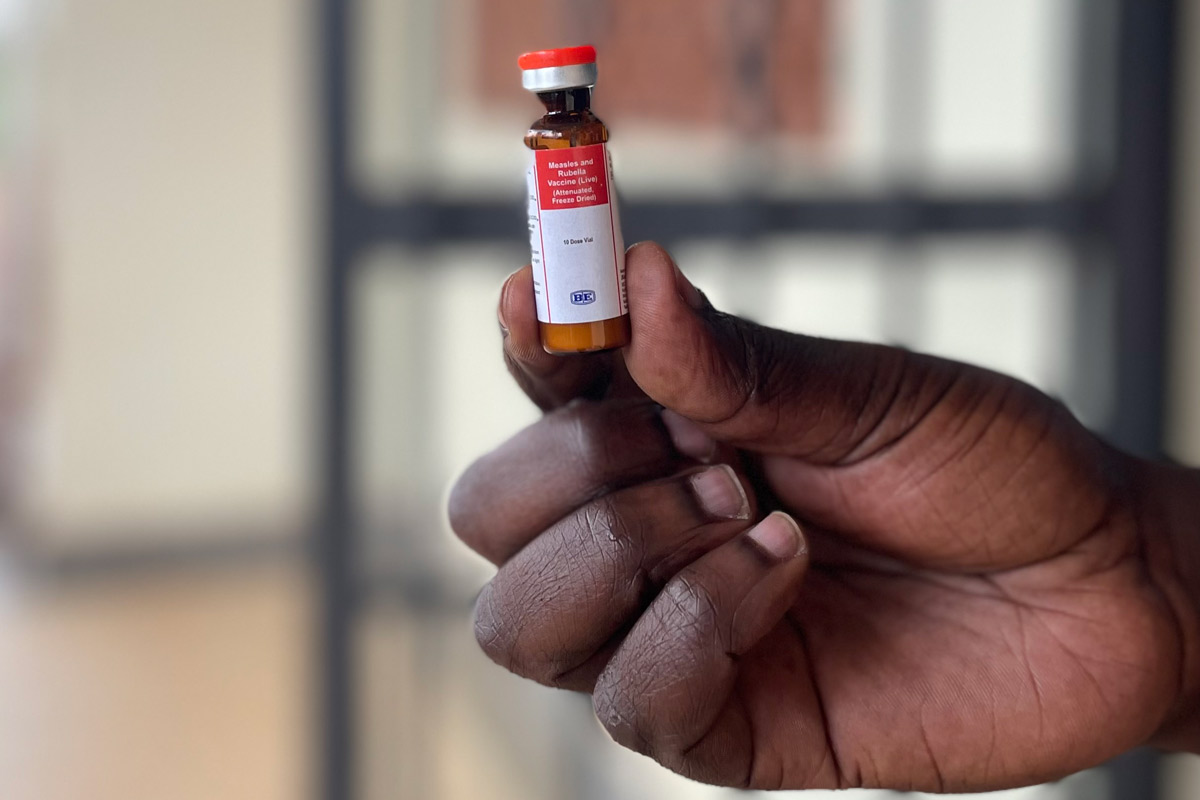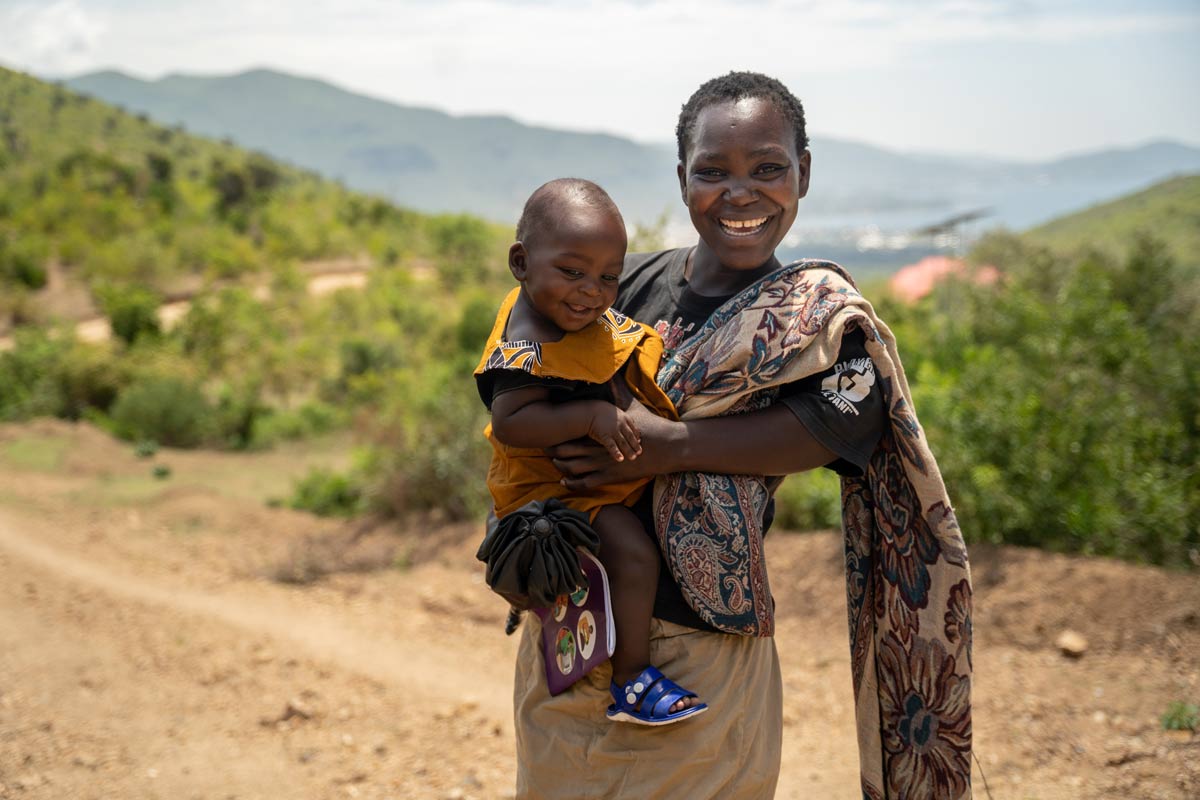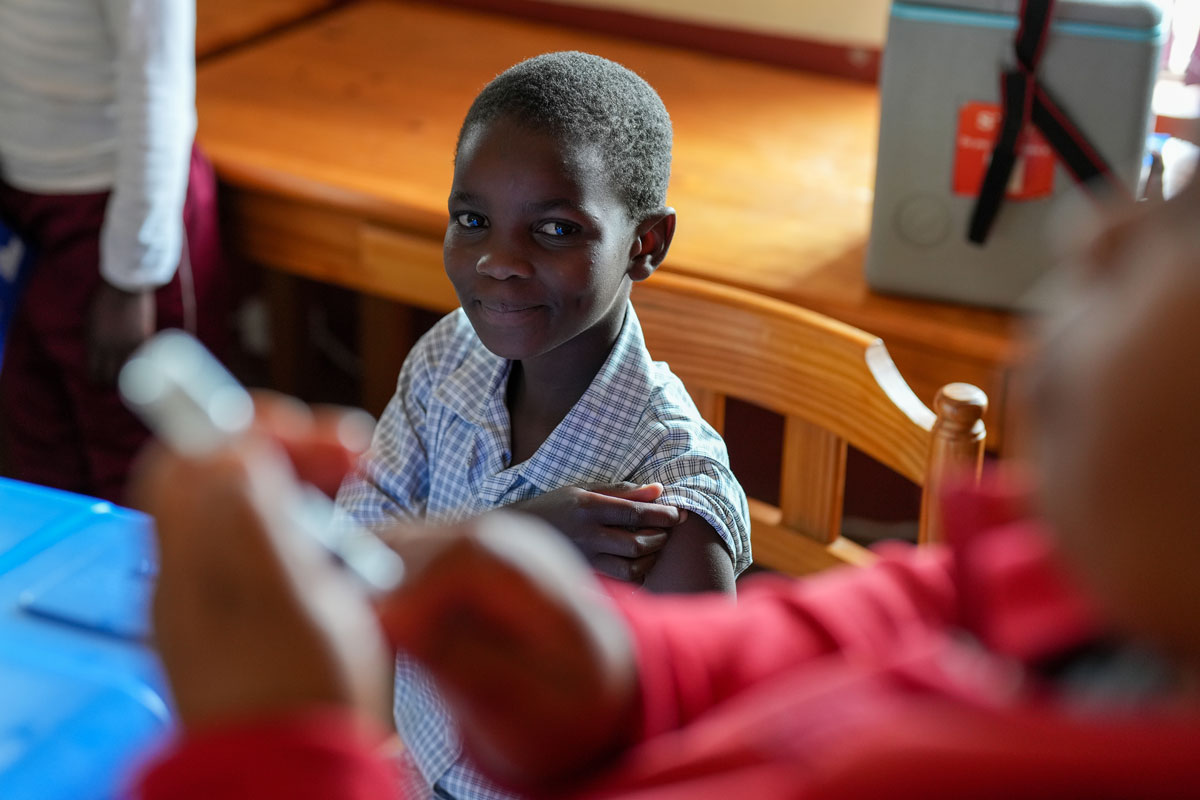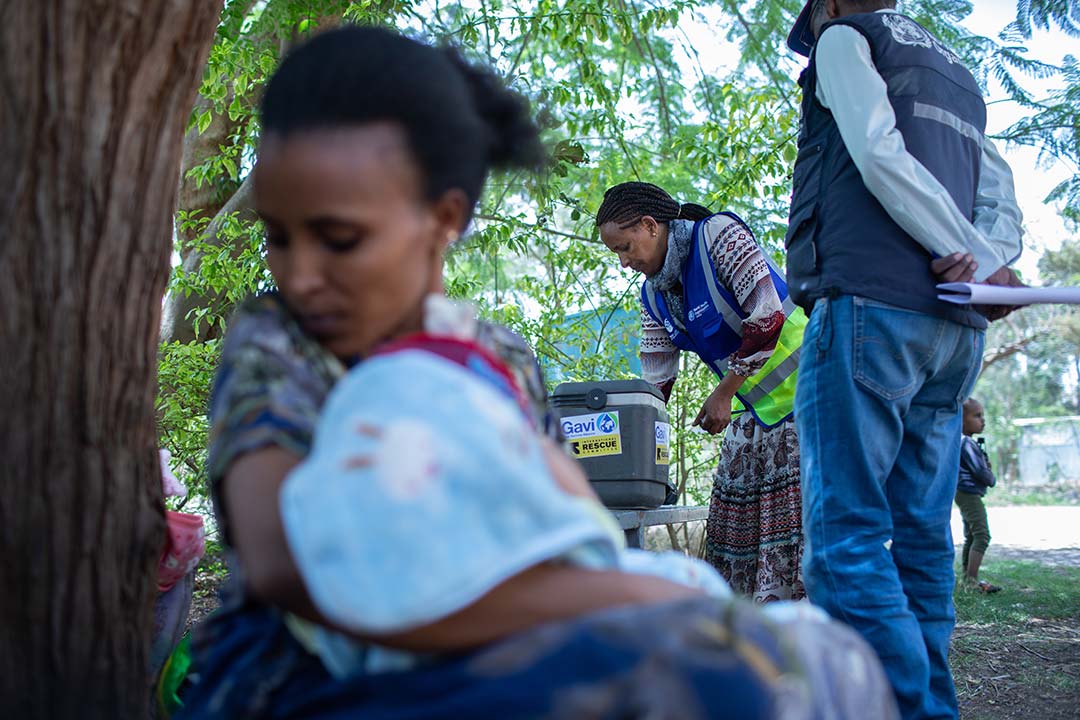Chris Endean and Emily Loud, Gavi
Whether travelling across rugged mountains to find the hard-to-reach or convincing parents to get their children vaccinated, health workers draw on a range of skills to reach every child. It is for this reason that Pakistan’s Civil Society Human and Institutional Development Programme (CHIP) dedicates so much time to recruiting the right candidates to be trained as health workers.
Tanweer Hussain Shah, 63, health promoter
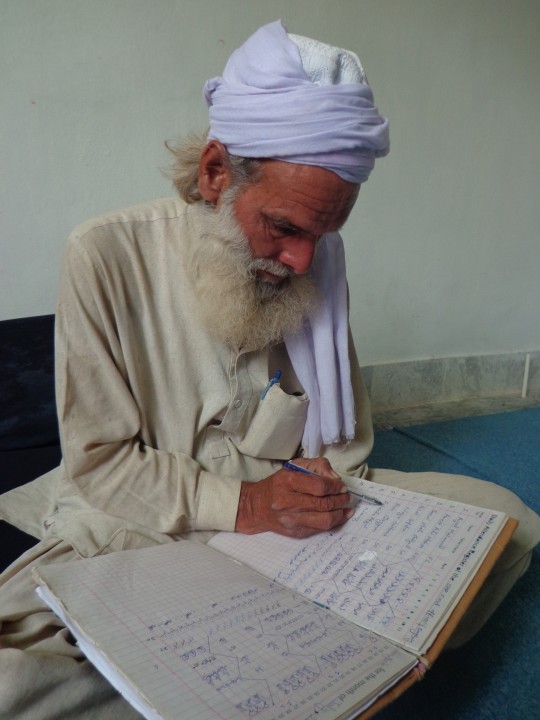
Tanveer and his wife always spent what little money they had with the greatest of care. Work was hard to come by. At first, he earned a little working as an Imam in the village mosque, but this didn’t last very long. Even without pay, Tanveer continued to work for the mosque. He believed that one day he would be rewarded for his hard work and faith in God.
When CHIP announced that they were looking for a local member of the community to raise health awareness, Tanveer was very excited. He was accepted for the position of health promoter and, within two weeks, he was being trained..
Today, Tanveer actively participates in all training sessions, trying his best to encourage parents in his home village to take care of themselves as well as their children’s health and hygiene.
He is proud of what he has achieved in so little time, convincing many mothers and fathers to get themselves and their children regularly vaccinated.
Robina Khanam, 35, Lady Health Worker
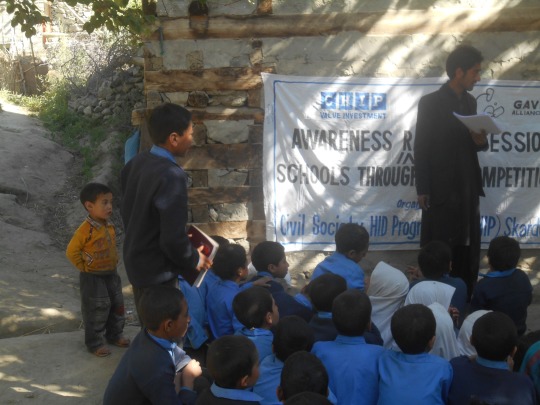
Robina Khanam became a Lady Health Worker because she wanted a better future for her village. Working day and night, she lived by the mantra “prevention is better than cure”.
Initially, Robina struggled to get her message across to local villagers. There was widespread lack of awareness about immunisation, mother and child health and the facilities available at the Basic Health Unit. So she felt both relieved and excited when she first met the CHIP staff through village health committees.
She immediately requested to take part in CHIP’s training programme and, in January 2014, was selected to serve as a Lady Health Worker at the Basic Health Unit in Khalajing village in Skardu. Though she initially faced the difficult task of settling into a new community and learning a new language, Robina persevered.
Today, she often enjoys her evening tea on the terrace recalling how far she has come. Thanks to her CHIP training, Robina has developed the confidence and communication skills to complement her technical knowledge. Today, she participates in local religious and social events, giving her a firm footing in the local community to voice her concerns about health.
Rubab, 26, midwife

Rubab always wanted to complement her responsibilities at home with a role in her local village of Khamango Gons. When CHIP came to her village, she was nominated as a Health Promoter, receiving training on how to raise awareness of maternal and child health and routine vaccination.
Thanks to her dedication, CHIP selected Rubab to become a birth attendant for her village. After three months training on safe delivery in Karachi, she was given responsibility for teaching mothers and the wider community about the importance of maternal and child health. She now knows how to conduct health sessions, raise awareness of critical health issues and work with NGOs and government departments. At the same time, she has made more friends in the local community.
Thanks to Rubab, villagers now recognise the importance of maternal and child health. Many are inspired to work alongside their local health worker to help improve the quality of healthcare. Rubab considers this one of her most importance successes.
